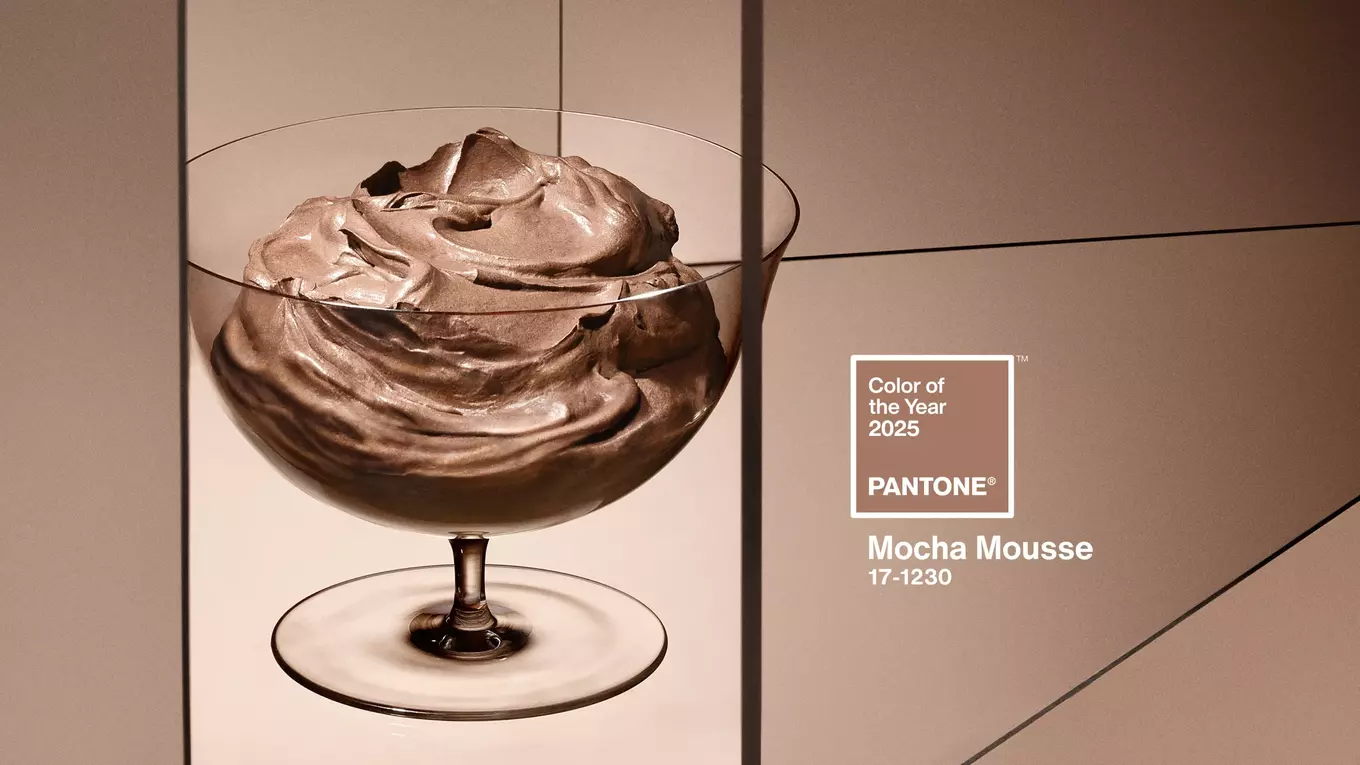A new study has revealed that a simple dietary addition—grapes—can significantly enhance eye health in older adults.
The research, which has far-reaching implications for an aging population, was recently published in the esteemed scientific journal Food & Function and is the first of its kind to examine the effects of regular grape consumption on crucial eye health markers.
As our society grapples with a growing number of elderly individuals at risk of debilitating eye diseases and vision impairment, this study’s findings provide a ray of hope. Key risk factors for eye diseases include oxidative stress and high levels of ocular advanced glycation end products (AGEs), which have been associated with a range of eye ailments.
Anna Shvets/Pexels
AGEs are notorious for their capacity to harm the retina’s vascular components, disrupt cellular function, and induce oxidative stress.
Enter dietary antioxidants—powerful defenders against oxidative stress and AGE formation that are only found in plants—with the potential to enhance retinal health, specifically by elevating Macular Pigment Optical Density (MPOD).
MPOD is a measure of the density of the eye’s macular pigment in the center of the retina which protects your eyes by absorbing damaging blue light. It functions a little like the eye’s own internal sunglasses, and the denser the pigment the more protective it is.
The study found that grapes, celebrated for their rich content of antioxidants and other polyphenols, have emerged as a natural contender for boosting eye health.
 Adobe
Adobe
The results also align with the principles of the Blue Zones Diet and highlight the potential health benefits associated with wine consumption, further underscoring the value of moderation in enjoying life’s pleasures.
Table of Contents
How grapes benefit eye health
The study recruited 34 human subjects, who were divided into two groups. One group consumed a daily equivalent of 1½ cups of table grapes, while the other was administered a placebo for a span of 16 weeks. The results were nothing short of astonishing.
For those who embraced the grape regimen, the benefits were clear. They exhibited a significant surge in MPOD, plasma antioxidant capacity, and total phenolic content compared to their counterparts who received the placebo.
On the flip side, those who abstained from grapes witnessed a concerning increase in harmful AGEs, as detected in their skin.
Jung Eun Kim, PhD, an influential figure in the world of eye health research, shared her excitement about the implications of this breakthrough study.
“Our study is the first to show that grape consumption beneficially impacts eye health in humans, which is very exciting, especially with a growing aging population,” Kim said in a statement.
With this revolutionary study, the humble grape joins the ranks of dietary superstars, offering new hope and promise to the elderly population and their quest for preserving precious eyesight.
“Grapes are an easy, accessible fruit that studies have shown can have a beneficial impact in normal amounts of just 1½ cups per day,” Kim added.
Wine consumption in the Blue Zones
The significance of this study extends to the broader context of the Blue Zones Diet—a lifestyle and dietary approach followed by some of the world’s healthiest and longest-lived communities.
The Blue Zones Diet emphasizes the consumption of whole, plant-based foods rich in antioxidants, which aligns with the findings of this study on grapes. The diet attributes the longevity and well-being of these communities to their dietary choices, which are low in processed foods and animal products, and high in fruits and vegetables.
 Adobe
Adobe
Additionally, it’s worth noting that grapes, particularly in their fermented form as wine, have been a recurrent theme in the Blue Zones lifestyle. Some of these long-lived communities, such as the Mediterranean Blue Zone in Sardinia and the Blue Zone in Ikaria, Greece, are known for their moderate wine consumption.
The consumption of red wine, in particular, is associated with certain health benefits, including potential heart-protective effects due to its polyphenol content, such as resveratrol.
Health benefits of the Blue Zones diet
In addition to the benefits for eye health, other studies have suggested that a plant-forward diet, such as the Blue Zones or Mediterranean diet, is one of the healthiest ways to eat. In fact, a study published earlier this year found that a plant-forward diet could have a positive impact on brain health, too.
 Nensuria
Nensuria
The findings, which were published in the journal eLife, focused on a green Mediterranean diet. It is low in processed meats and high in dietary polyphenols, which are naturally occurring compounds, often found in plant-based foods, that help to protect the body from oxidative stress.
“Our study highlights the importance of a healthy lifestyle, including lower consumption of processed food, sweets, and beverages, in maintaining brain health,” Gidon Levakov, PhD, who helped to lead the study, said in a statement.







